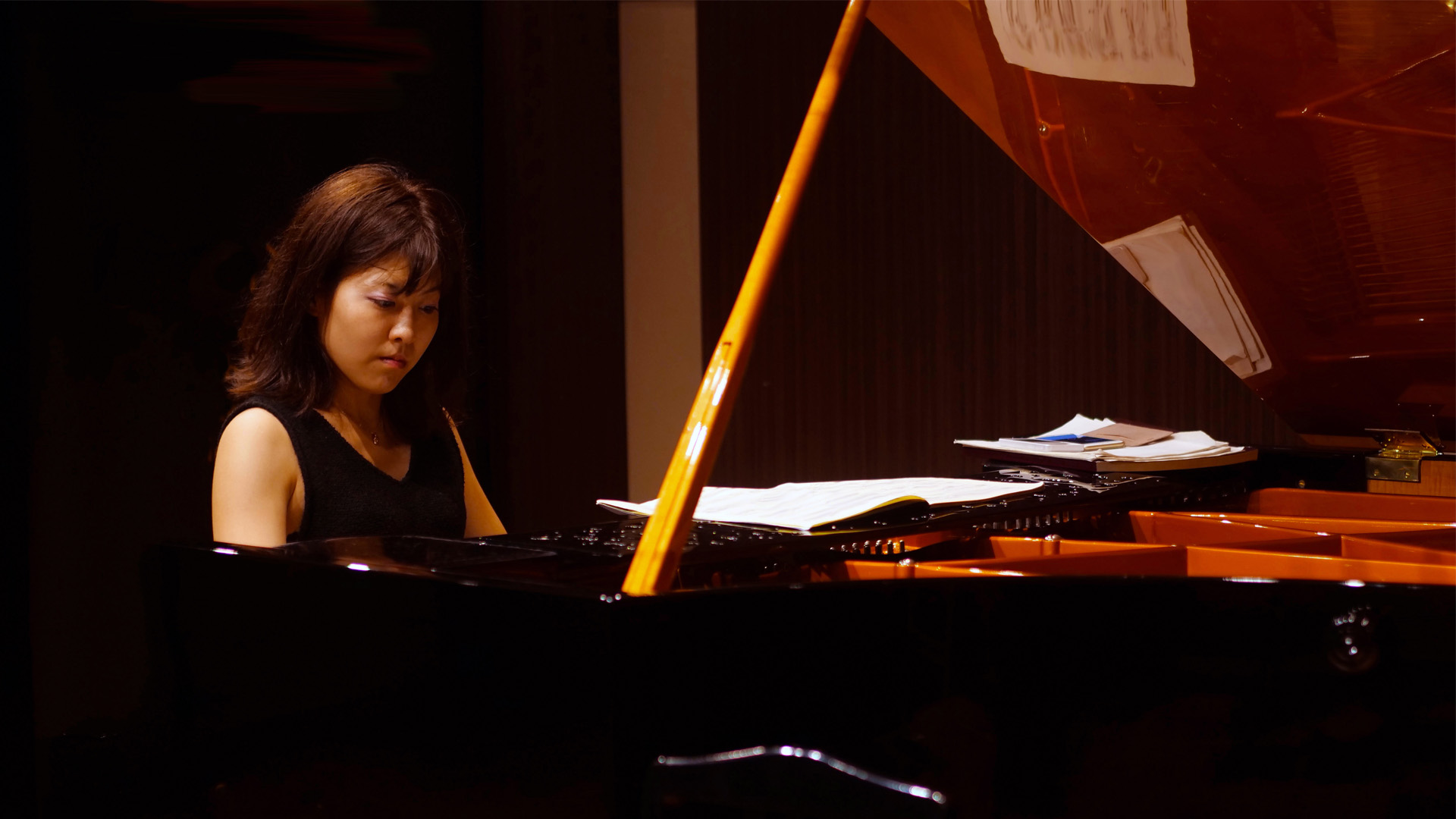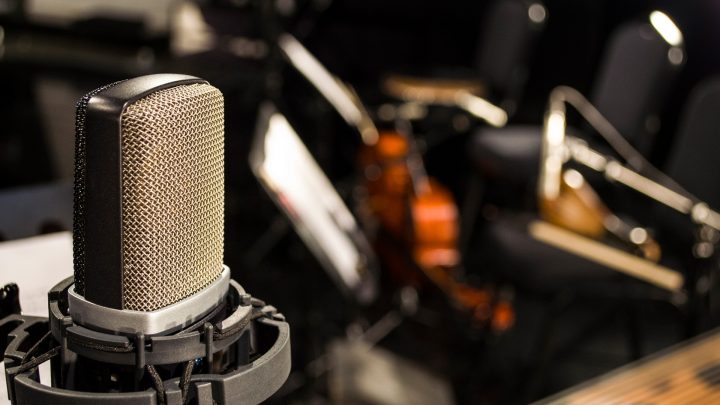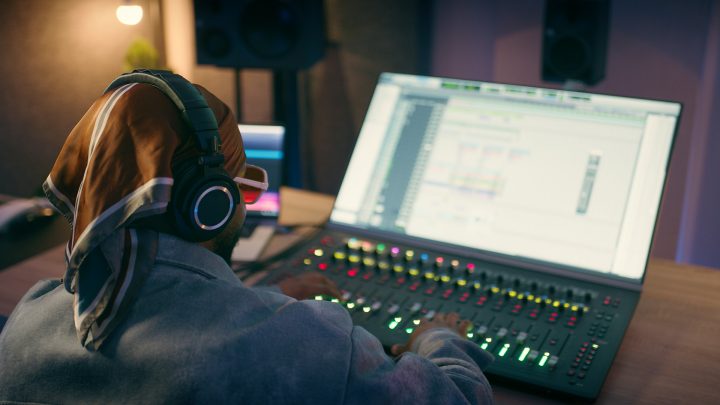Many classical musicians may be missing out on royalties due to inconsistent or incomplete data. At PPL, we’ve been working to change that.
Staff across several teams – many with a background or deep knowledge of classical music – have been focused on improving the data used to make claims. Their work involves identifying patterns, resolving discrepancies and linking performer details to the correct recordings and usage data.
While PPL works across all genres, classical music presents specific challenges. It’s one of the oldest recorded genres, so there’s a vast catalogue to deal with – often with incomplete or inconsistent credits. A single symphony may feature 60 or more performers. The same piece can be titled in several different ways. This often makes it harder to identify who played on what, and to connect that usage to royalty payments.
Using PPL’s repertoire database and international usage data, the team has been matching classical recordings to performers registered with PPL. This has helped address long-standing data quality issues and led to an increase in successful claims.
Between 2023 and 2024, the number of claims submitted on behalf of classical performers increased by 70%.
This growth is the result of the team’s work to strengthen support for classical members, which has helped PPL secure more worldwide mandates in this genre. With those mandates in place, the team has been able to carry out the detailed repertoire and data work that’s directly contributed to higher payouts.
Some of this progress is also thanks to PPL’s work with the Virtual Recordings Database (VRDB) – a global repository of recording metadata used by collective management organisations (CMOs). PPL has worked on several projects with VRDB that directly support classical claims. These include enriching the database with missing composer information and ISRCs and working with third-party tech companies to improve how recordings are identified and matched to usage.
This data work is already delivering results. In one case, a well-known British pianist who signed a worldwide mandate with PPL in 2023 has since been linked to nearly 300 recordings that previously hadn’t been claimed. Their annual income from PPL rose by 70% in one year. Another example is a celebrated Icelandic pianist who signed with PPL last year and was added to 560 recordings in the repertoire database. In late 2024, they received a substantial first payment, and payouts continue to be healthy in the first half of 2025.

Because of the time it takes for claims to be processed and paid internationally, results can take up to 18 months to show, but signs of progress are already visible. In France and several other territories, stronger matching is leading to better payouts. PPL’s June 2025 payment includes significant international payments for classical performers as a result of this work.
Outside of data, there’s been a push to raise awareness among the classical music community. PPL has met with conservatoires, orchestras and artist management teams to explain how neighbouring rights work and why accurate performer data matters. “Meeting with young performers is a definite highlight of the job,” says George Prince, PPL’s Relationship Manager for Classical Music Genres. “With groups such as Southbank Sinfonia, we’ve been able to show how PPL plays a part in helping musicians build and sustain a career as a classical musician.”
Meanwhile, listening habits are shifting. Apple’s Classical app is seeing strong growth, especially in Latin America and Asia. Some performers have built global audiences via social media platforms like TikTok. These changes make accurate metadata more important than ever.
This work will continue in 2025 and beyond, with improved matching tools in development and more collaboration across the international network. The aim is to make it easier to track usage and maximise returns for classical performers everywhere.
If you’re a classical performer and haven’t registered with PPL, it’s free to do so online. Make sure your recordings are correctly credited so you don’t miss out on payments. You can check and update your repertoire at any time through your myPPL account.
Learn more about PPL’s international royalty collections service here.


